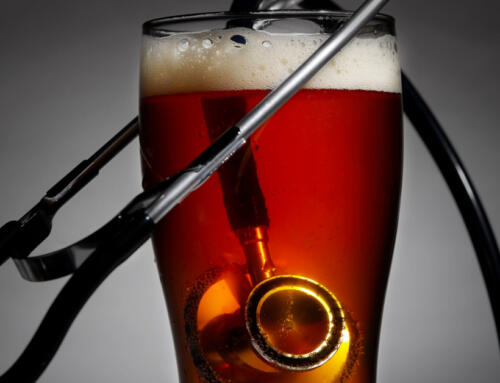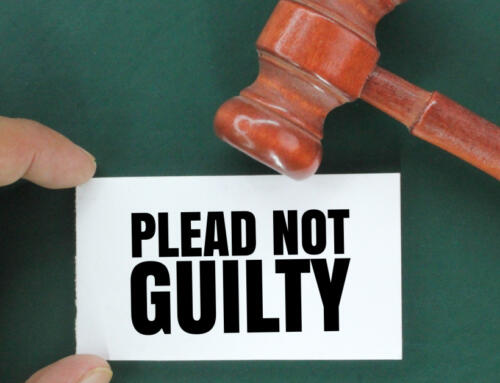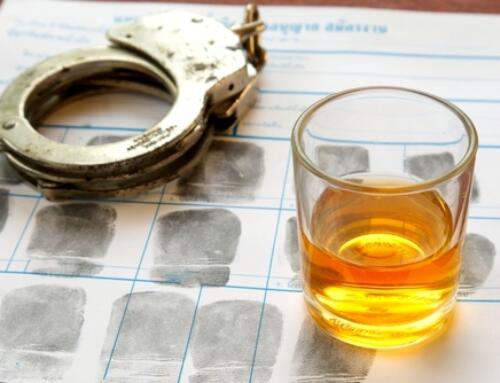A DUI conviction can have severe consequences in Pennsylvania. Not only can a conviction lead to fines, jail time, loss of driving privileges, and other penalties, but it can have various practical effects as well. For example, you could lose your job, you could find it more difficult to get a new job, and your insurance rates will increase substantially. As a result, you need to fight your DUI charge by all means available.
The good news is that there are several potential defenses to a DUI charge under Pennsylvania law. An experienced Philadelphia DUI lawyer can determine which of these defenses are available in your case and assert these defenses effectively on your behalf.
How Can You Fight a DUI Charge in Pennsylvania?
So, how might you be able to fight your DUI charge? Here are 10 examples of viable defenses to DUI charges under Pennsylvania law:
1. You Weren’t Actually Driving Under the Influence
The police consider several factors when deciding to pull someone over or make an arrest for drunk driving. For example, drifting from side to side, failing to maintain a consistent speed, and running red lights and stop signs are considered common signs of drunk driving. The police will also often look for common signs of impairment, such as having bloodshot eyes or a flushed appearance.
But, while these can all be signs that a driver is impaired, they aren’t necessarily signs of impairment. There are plenty of other explanations as well. If you weren’t actually driving under the influence, then you don’t deserve to be convicted of DUI.
2. You Weren’t In “Actual Physical Control” of Your Vehicle
Under Pennsylvania’s DUI statute, you can only be convicted of driving under the influence if you are in “actual physical control” of your vehicle. While driving equates to actual physical control, there are various circumstances in which this issue is not nearly as clear-cut.
For example, let’s say the police approached you while you were parked. Were you in actual physical control? If your key was in the ignition, the answer might be “Yes.” However, if your key was in your pocket, there is a stronger argument that the answer is “No.”
3. Your Breath Test Result is Unreliable
A high blood alcohol concentration (BAC) is among the strongest pieces of evidence that prosecutors can have in a Pennsylvania DUI case. But, there are many ways to challenge a high BAC reading. If your breath test result is unreliable, then it shouldn’t be admissible in court.
Numerous issues can render a BAC reading unreliable, from medications and medical conditions to faulty calibration and improper test administration. An experienced Philadelphia DUI lawyer will be able to examine your test results, obtain the breathalyzer device’s calibration records, and question your arresting officer on the stand to call the reliability of your BAC reading into question.
4. Your Field Sobriety Test Results are Unreliable
Several issues can render field sobriety test (FST) results unreliable. Failure to adequately explain the tests, improper interpretation of your performance, medical conditions, unstable shoes, an unstable road surface, and various other issues can all prevent prosecutors from using your FST results against you.
5. The Police Stopped You Without Reasonable Suspicion
To pull a driver over for DUI, the police must have “reasonable suspicion” that the driver is drunk behind the wheel. While this isn’t a terribly high standard, it requires more than a hunch. It also prevents the police from making traffic stops based on racial profiling.
If the police pulled you over without reasonable suspicion, then any evidence obtained subsequent to your traffic stop may be inadmissible in your DUI case. This includes your breath test result, FST results, and anything you said to the arresting officer. If prosecutors don’t have admissible evidence against you, they can’t prove that you are guilty of DUI.
6. The Police Conducted an Illegal Sobriety Checkpoint
Under Pennsylvania law, the police must adhere to several requirements when conducting a sobriety checkpoint. If you got stopped at an illegal checkpoint, this could also render the prosecution’s evidence against you inadmissible.
7. The Police Arrested You Without Probable Cause
Even if the police stop you with reasonable suspicion or stop you at a legal sobriety checkpoint, they cannot arrest you unless they have “probable cause” to believe that you were driving under the influence. If the police arrested you without probable cause, then any evidence secured subsequent to your arrest (i.e., your BAC reading and any statements you made in custody) may be inadmissible in court.
8. The Police Questioned You Without Reading Your Rights
Once the police arrest you and take you into custody, they must read your Miranda rights before conducting an interrogation. Failure to read your rights is grounds to have any statements you made in response to a custodial interrogation suppressed from your DUI case.
9. The Prosecution’s Evidence is Insufficient
Regardless of the facts of your case, to secure a DUI conviction, the prosecution must be able to prove your guilt beyond a reasonable doubt. If your defense lawyer can show that the prosecution’s evidence is lacking in any respect, this should be enough to save you from a conviction.
10. You Qualify for Accelerated Rehabilitative Disposition (ARD)
Finally, even if you were driving drunk, and even if the prosecution has enough admissible evidence to convict you, this does not necessarily mean that you are out of options. For example, if you are a first-time DUI offender, you may qualify for Pennsylvania’s Accelerated Rehabilitative Disposition (ARD) program. If you qualify and complete the ARD program successfully, you will avoid having a DUI conviction on your permanent record.
Discuss Your Case with Philadelphia DUI Lawyer Brian Fishman
If you face a DUI charge in Pennsylvania, you should speak with a lawyer as soon as possible. To discuss your case with Philadelphia DUI lawyer Brian Fishman in confidence, call 267-758-2228 or request a consultation online.






